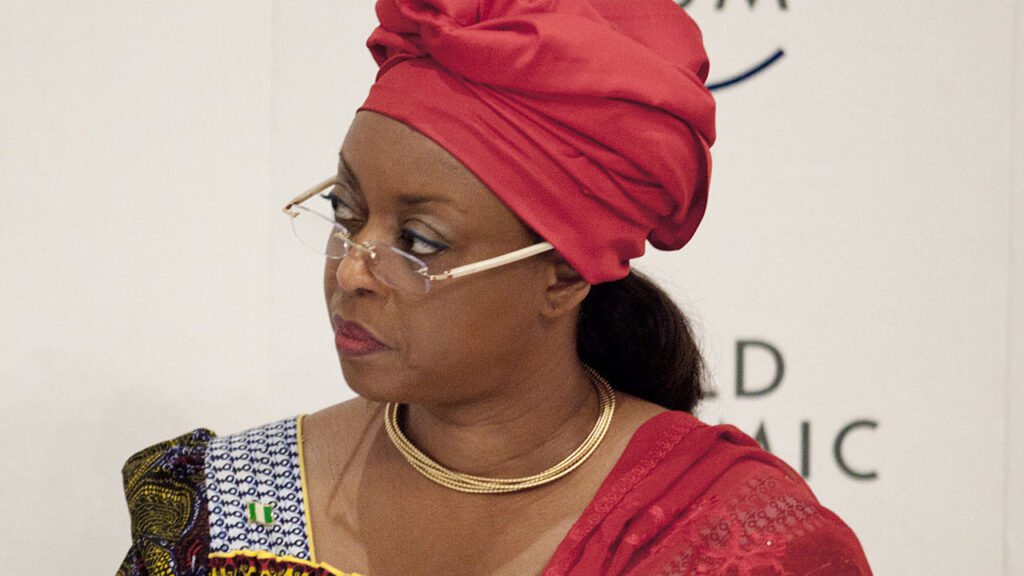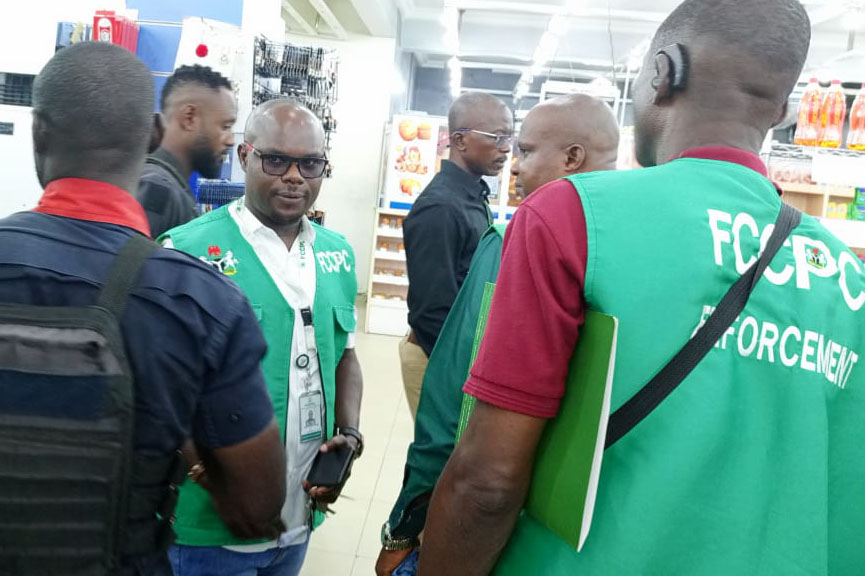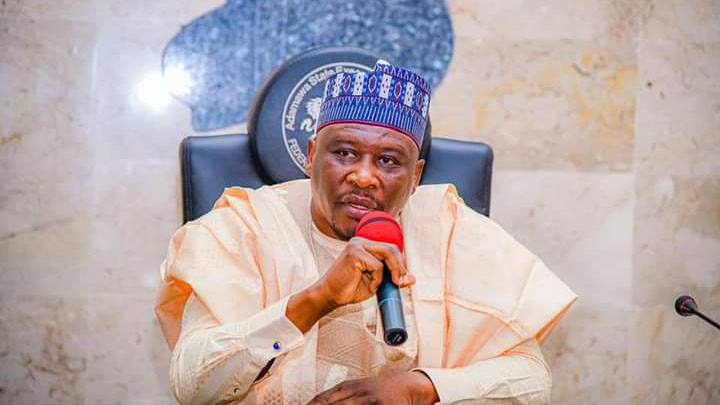
To mark the International Day for the Right to the Truth and identify best practices for implementation of fundamental human rights, the International Organization for Migration, (IOM), and the National Human Rights Commission, (NHRC), has tasked stakeholders on full disclosure of information about events bordering on human rights violations.
IOM Nigeria Chief of Mission, Laurent De Boeck, said that full disclosure not only aids in providing closures to case of gross human rights violations whose details remains sketchy and un explained, but also enables these cases to be investigated and those found guilty of serious state violations of human rights, prosecuted.
Speaking at an event weekend in Abuja, De Boeck said the right to know the truth is often invoked in the context of gross violations of human rights and grave breaches of humanitarian law.
He cited abductions by non-state groups, kidnappings for ransom at commercial scale which became rampant in Nigeria spreading across the states as some of the very severe cases of gross human rights violations.
“We must recognize that the pursuit of truth and justice is a long and challenging journey but it is one that we must undertake if we are to build a better and a more just society.
“Human trafficking and kidnapping are not only crime but they are also gross violations of human rights. To ensure freedom and a chance at a new life, IOM offers comprehensive direct assistance packages to victims of trafficking in collaboration with our partners.
“Out of the 30, 520 total of migrants returned under the assisted voluntary repatriation program of IOM, 4, 096, representing 13 percent of the number, are victims of trafficking,” he said.
Executive Secretary, NHRC, Tony Ojukwu, pointed that the international day of truth is set aside by the United Nations every March 24th to remember and celebrate Monsignor Oscar Romero who was killed for advocating and denouncing gross human rights violations .
He said “Nigeria has taken steps towards seeking truth and justice in various ways such as the establishment of the Human Rights Violation Investigation Commission among others.
According to him, “After the #EndSARS protests and the Lekki Toll Gate incident which were wrought with human rights violations by the police and the military, the national human rights commission established a judicial panel of inquiry in 2021 to investigate cases of human rights violations by law enforcement officers.”
Speaking on the central role of the media in reporting truth, digging into past events with the aim of enlightening the public on issues such as gross human rights violations, Senior Political Correspondent, Vanguard newspaper, Omeiza Ajayi, noted that the media is often the first victim of truth because perpetrators of crimes always work to see that the truth is never revealed.
He described the key role of the media to include education of the people about their rights and consequently mobilize stakeholders to take action.
“The journalists responsibility to the public excels or trumps any other responsibility.
“The right to the truth has to do with the obligation of the state to provide information to victims or to their families or even society as a whole about the circumstances surrounding serious or grave violations of human rights.
“This is an obligation imposed on states by the UN but states would often act in conformity with Newton’s first law of motion. They will not move until an external force propels them.
“Newton’s first law states that every object will remain at rest or in uniform motion in a straight line unless compelled to change its state by the action of an external force. In this context, the media is that external force.
He adds that in today’s world, truth about human rights abuses suffers convulsions of cataclysmic proportion. People stammer when it comes to speaking the truth but the media must never stammer in defending the right to the truth.












